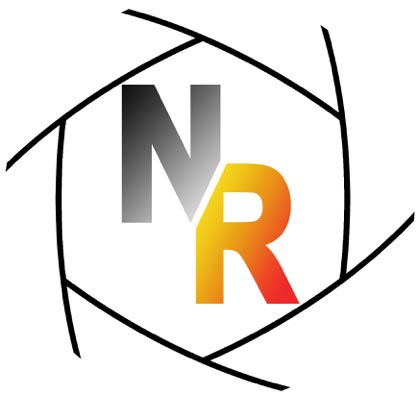Portfolios Take 3
My last post on Portfolios (Take 2) ended with the beginnings of advice about what you can learn when you show your portfolio to someone. Please know this: "Portfolios" is a very big topic. I can really only scratch the surface here. It feels like this is worth a full chapter in a book.
 Let me start with: study the person as they look at your pictures. What does their body language tell you? Are they tuned into your work or carrying on multiple tasks at the same time? Are they talking? Are they not talking? Are they fielding telephone calls? Are they talking to others while looking at your work? Are they bored? Are they really looking? Are you connecting with them? Where are they looking? At your work or somewhere else? Are they asking you questions? How are you responding? Conversationally? Are you providing context or anecdotes or are you working to set a tone of quiet contemplation? Are you nervous? Are you someone who talks too much when you are nervous or maybe you become too quiet?
Let me start with: study the person as they look at your pictures. What does their body language tell you? Are they tuned into your work or carrying on multiple tasks at the same time? Are they talking? Are they not talking? Are they fielding telephone calls? Are they talking to others while looking at your work? Are they bored? Are they really looking? Are you connecting with them? Where are they looking? At your work or somewhere else? Are they asking you questions? How are you responding? Conversationally? Are you providing context or anecdotes or are you working to set a tone of quiet contemplation? Are you nervous? Are you someone who talks too much when you are nervous or maybe you become too quiet?
You get my message, I'm sure. Each time you show your work yes, you are bearing your soul, but you also have a responsibility to get what you can from the experience. This is the part where you learn whether your efforts are working or not. Do the people you show your work to agree which images are key and the stars in the portfolio? Do they "get" your sequencing? What about when they are finished? Does your time with them end well? Are you expecting them to give you the show, publish your work and give you a MacArthur Genius Grant right on the spot or are your goals perhaps a little more realistic?
Notice how I'm not referencing who you are showing your work to here. Why? Because I don't think it matters. If the person is the head of the National Gallery or someone you've just met, a friend or a partner, someone who knows everything about photography or nothing at all I think it is always the same. They will tell you, perhaps not always in words, something from looking at your work. Your job is simply to be sensitive and responsive to their message.
Okay, so there are differences. If you are showing your work in a portfolio review session with 20 minutes for each review and you're showing six or eight times a day this is vastly different than sitting at your dining room table over a beer or a glass of wine showing new work to a trusted friend and fellow photographer. One is likely not supportive and the other probably is very.
Finally, what is the take away here? I can't tell you specifically but can share with you that frequently what I think is a new but just finished series or body of work gets revised, some prints get reprinted, I will resequence the work and perhaps even change its title or rework it conceptually after I have shown it to several people.
Finally, finally. Don't expect unreasonable things from showing your work to someone. You might think the earth should stop turning when you show your work. It did for you when you made it, right? Well, not bloody likely. People can only give you what they perceive and they didn't make the pictures, you did. So no one is as close to the work as you are. Also, again from a career's worth of personal experience, no gallery director, publisher or curator is going to do much with your work the first time they see it. They need to know you are in for the long haul. They certainly are.
Thus endeth the lesson. Whew! I hope this has been helpful. Let me know if it has, and even if it hasn't. I am new to this blogging thing and feeling my way as I go along. I know I would have loved reading some of this material when I was newer to the profession of being an artist. My intention is to share some of my experience with you to aid you in the process.
Update: Keep an eye out on this blog for notice of upcoming workshops in portfolio preparation I will be teaching through Digital Silver Imaging in Belmont, MA. These will be day long sessions. You also will be able to find dates and course descriptions on their site (Digital Silver Imaging) about the first of the year, 2013.
Once again, feel free to email me with questions, comments and suggestions: Neal's email
